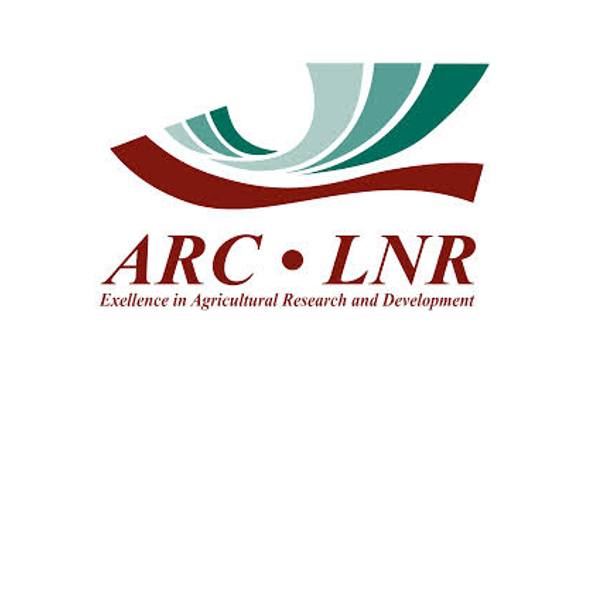
ARC - ZA
Core Partner, BSL3, Plant viruses, Non EU
The Agricultural Research Council is a premier research institute in South Africa, and is composed of 11 institutes that focus on plant, natural resources and animal health and production research. The Onderstepoort Veterinary Institute is composed of 5 programmes that focus on the improvement and development of new technologies (vaccines, diagnostic products and services) for enhanced disease prevention, control and surveillance and capability to transfer some of these technologies to end users. In setting its research agenda, the ARC focuses on controlled diseases that are of potential economic impact and mainly those zoonoses of emerging/re-emerging diseases in the region. The impact of the research on food and feed security cannot be overemphasized. The institute has a long history and tradition and over 100 years it is well known globally for its contribution to vaccines against animal diseases including rinderpest, foot and mouth and heartwater diseases. The Institute has a very rich collection of bacterial, parasitic and viral isolates and therefore provides a sound basis for the validation of modern molecular and serological diagnostic tests. In addition, the Institute houses 8 OIE reference laboratories on Rabies, African horse sickness, Bluetongue, Foot and Mouth Disease Virus, Lumpy Skin Diseases Virus, Rift Valley to name a few.
The rabies group at Onderstepoort has contributed to the epidemiology of lyssaviruses regionally and globally and as such is well recommended by the World animal Organisation (OIE) and the Food and Agricultural Organisation (FAO). Claude Sabeta is one of the 9 OIE experts for rabies and and through his association with the OIE, Claude and his team has provided diagnostic training to regional laboratories and their participation in international proficiency tests bears testimony to the useful and relevant international linkages with other relevant partners. Claude Sabeta and his team have demonstrated the active linkages with scientists from the human side of rabies and these are demonstrated in some of the outputs re: publications. Requests for biological conjugate are generally received from the national and regional laboratories on an ad hoc basis.
The team/group involved in the project is experienced in the development and validation of serological and molecular diagnostic assays, the production and labelling of biologicals with biotin and fluorescein isothiocyanate for in vitro diagnostics e.g. hyper-immuneserum in large animals for both serological and molecular applications and Nucleotide sequencing and analysis of rabies viral genomes. The group has an invaluable collection of zoonotic viruses and associated products, which have been highly sought after in the past years. Especially during the European hantavirus epidemic in 2011, both the virus isolate and associated products (eg. Positive controls) we contributed to better establishment of protocols throughout Europe. Many of the viruses provided by our laboratory were used in genetic and pathogenesis studies.